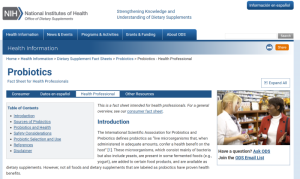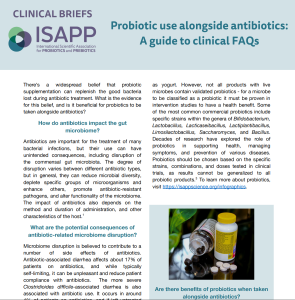Discovering novel bioactive peptides in fermented foods

Food not only serves as a primary source of essential nutrients but also contains a wealth of potential bioactive compounds. Among these, peptides have garnered significant attention for their ability to impact health beyond basic nutrition. These short protein fragments, ranging from 2 to 20 amino acids, play critical roles in physiological functions and exhibit diverse health benefits, making them increasingly interesting to researchers and consumers. Food-derived bioactive peptides are especially promising due to their environmentally friendly production, lack of accumulation in the body, low toxicity, and biodegradability, making them appealing for safe and sustainable therapeutic alternative to synthetic compounds.
Fermented foods have recently gained renewed interest for their potential health benefits. One proposed way that fermented foods may confer health benefits is through bioactive compounds released by the catalytic action of fermenting microbes on the food substrate. Protein-rich food substrates are especially valuable for the release of bioactive peptides through fermentation. Microbial strains associated with food fermentation have diverse proteolytic capacities, leading to a unique peptidome for each fermented food produced using different microbial starter cultures. For example, Ile-Pro-Pro and Val-Pro-Pro are well-known milk-derived bioactive peptides with diverse health benefits (1). These tripeptides are available in several health supplements and functional foods, marketed for their ability to improve cardiovascular function by inhibiting angiotensin-I converting enzyme (ACE). Additionally, these tripeptides exert antioxidant and immunomodulatory properties. Discovering novel multifunctional peptides from fermented foods is a desirable goal for research aimed at maintaining a healthy lifestyle and preventing metabolic diseases.
In our research, we have identified both previously reported and novel bioactive peptides with diverse functional attributes from alkaline and acidic fermented foods of the Indian Himalayan regions, such as Chhurpi cheese and Kinema (fermented soybeans) (2, 3). These traditionally fermented foods are rich sources of bioactive peptides with potential health benefits. Chhurpi cheese, a fermented dairy product, and Kinema, a fermented soybean product, both exhibit a unique array of bioactive peptides due to the specific microbial strains involved in their fermentation. The identification of these peptides may enhance the functional value of these traditional foods and provides opportunities to explore the resident fermentation microorganisms for the development of novel functional foods.
Conventional methods for identifying novel peptides in fermented foods and validating their biological activity involve expensive and labor-intensive processes. These include the purification of bioactive fractions followed by LC-MS/MS-based identification and the synthesis of each individual peptide for bioactivity validation. However, the advent of in silico tools and machine learning models has made it faster and more affordable to predict the bioactivity of peptides identified by untargeted LC-MS/MS analysis (4). Qualitative and quantitative in silico tools, such as molecular docking, dynamics simulation, and structure-activity relationship models, help select specific peptides identified in fermented foods for validation of their bioactivity after synthesis. Nevertheless, these machine learning models require refinement and further improvement to achieve accurate predictions. Additionally, in silico tools such as Peptigram help us understand the proteolytic specificity of food-fermenting microorganisms, enabling the development of specific microbial starters for the production of fermented foods enriched with peptides for the prevention of targeted diseases.
One significant concern in the application of bioactive peptides is their bioavailability. Once ingested, these peptides are subject to hydrolysis in the gastrointestinal tract, which can lead to the loss of their bioactivity. The stability of these peptides in the bloodstream is also crucial, as they must remain intact to exert their beneficial effects. Thus, it is necessary to find solutions to accurately predict the susceptibility of peptides to gut hydrolysis and their pharmacokinetics in the blood. Advanced techniques and models are required to better understand and enhance the bioavailability of these peptides, ensuring that their health benefits are preserved from ingestion to absorption and systemic circulation.
The discovery of novel bioactive peptides from fermented foods has the potential to contribute to the development of functional foods with enhanced health benefits. As research advances, the integration of traditional fermentation processes with modern biotechnological tools promises to unlock new potential for supporting health through nutrition.



